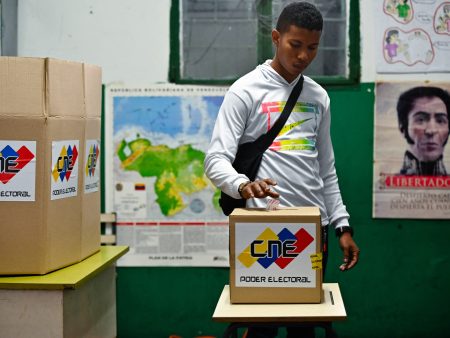The shocking assassination of UnitedHealthcare CEO Brian Thompson has sent ripples through the nation, exposing simmering resentments against the healthcare industry. The alleged perpetrator, 26-year-old Luigi Mangione, left behind a handwritten manifesto that sheds light on his motivations, painting a picture of a young man consumed by anger and a perceived injustice perpetrated by powerful health insurance companies. Mangione’s document, addressed to “the Feds,” rails against these corporations, accusing them of prioritizing profit over the well-being of American citizens. He specifically singles out UnitedHealthcare, highlighting its massive market capitalization as a symbol of the industry’s unchecked power and influence. This manifesto serves as a chilling testament to the deep-seated frustration and disillusionment some individuals harbor towards the complex and often opaque world of healthcare finance.
Mangione’s manifesto, spanning two and a half pages, lays bare his profound discontent with the health insurance industry, characterizing these companies as “parasites” who have grown “too powerful” and who “abuse our country for immense profit.” He expresses a conviction that his violent act was necessary, stating that “it had to be done,” suggesting a belief that conventional avenues for redress were unavailable or ineffective. While acknowledging the potential trauma caused by his actions, Mangione offers a chillingly detached apology, seemingly justifying the killing of Thompson as a consequence the CEO “had coming.” The manifesto underscores the perceived imbalance of power between individuals and large corporations, a sentiment that appears to have fueled Mangione’s desperate act.
The manifesto’s content reveals a disturbing narrative of perceived exploitation and a sense of powerlessness against corporate behemoths. Mangione portrays health insurance companies as entities solely driven by profit maximization, disregarding the human cost of their practices. This perception, whether accurate or distorted, appears to have been central to his justification for the assassination. His words paint a grim picture of a system where individuals feel marginalized and unheard, leading to a dangerous escalation of frustration and resentment. The manifesto raises critical questions about the accessibility and affordability of healthcare in the United States and the growing chasm between corporate interests and individual needs.
The chillingly matter-of-fact tone of the manifesto further underscores the depth of Mangione’s conviction. Despite acknowledging the “strife of traumas” resulting from his actions, he remains resolute in his belief that the killing was justified. This apparent lack of remorse raises concerns about Mangione’s mental state and the extent to which his worldview was shaped by his perceived grievances against the healthcare industry. The manifesto’s contents provide crucial insights into the mindset of the alleged perpetrator, emphasizing the need for a deeper understanding of the factors contributing to such extreme acts of violence.
The investigation into Thompson’s death will undoubtedly delve into the veracity of Mangione’s claims and the extent to which his perceptions of the healthcare industry were based on reality. While the manifesto offers a glimpse into Mangione’s motivations, it also raises broader societal questions about the role and responsibility of large corporations, particularly within the healthcare sector. The incident underscores the urgent need for a critical examination of the healthcare system and the potential consequences of unchecked corporate power and influence.
The assassination of Brian Thompson and Mangione’s accompanying manifesto serve as a stark reminder of the complex and often fraught relationship between individuals and powerful institutions. While the investigation continues, the incident has already sparked a national conversation about the state of healthcare, the role of corporate greed, and the potential for individual grievances to escalate into violence. The case highlights the importance of addressing systemic issues and ensuring that individuals feel empowered to express their concerns through legitimate channels, preventing the simmering frustration that can lead to such tragic outcomes. The manifesto, while disturbing, provides a valuable opportunity to examine the root causes of such extreme actions and to work towards creating a more just and equitable healthcare system.










